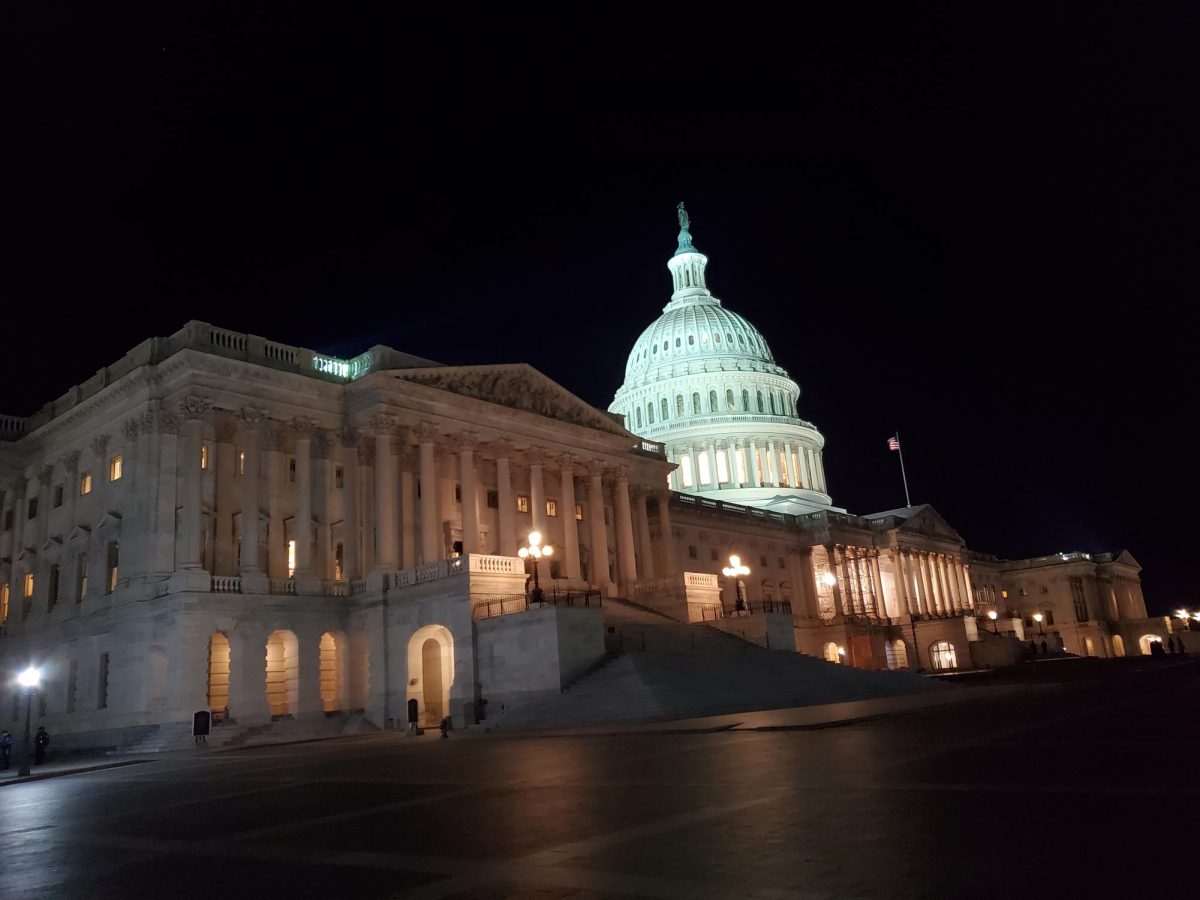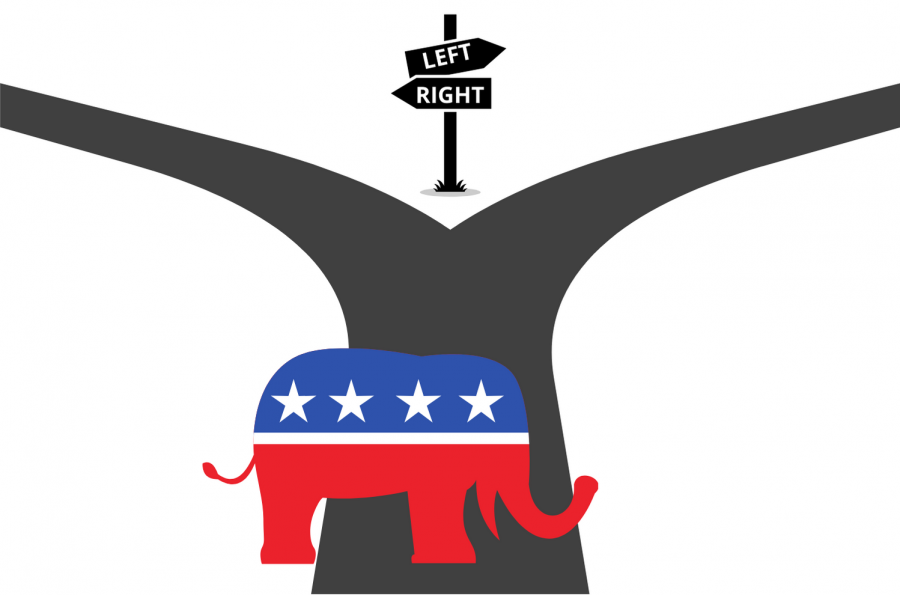On April 10, 2013, President Obama proposed a new budget that will cut social security benefits, reduce tax loopholes for the wealthy and replace the $1.1 trillion dollar “sequester” cuts with $1.8 trillion dollars in alternative spending cuts.
Obama’s new budget will introduce a revised index system for Social Security benefits. The revised system, known as the “chain” system, will revise the current Consumer Price Index (CPI) system used to adjust benefits based on price increases. The “chain” system accounts for substitution bias, which is an economical behavior that explains a person’s tendency to purchase inexpensive substitutes when prices rise.
According to Darren A. Rippy, an economist for the Bureau of Labor and Statistics, “the [current] CPI cannot claim to be a completely precise measure of inflation.”
The current system poses a fiscal issue to lawmakers who want to distribute benefits in the most prudent and efficient manner.
Cuts on benefits for the wealthy have raised Republican opposition per usual. Back in December, John Boehner declined Obama’s counter plan to fix the debt, which proposed new taxes on the wealthy and corporations. Obama is trying to start negotiations again by putting his original budget proposal that was declined in December back on the table, but adding new incentives for Republicans to vote on. These incentives include a reduction in Social Security, Medicare, and Medicaid benefits.
The new budget proposal still incorporates the same benefit reductions for the wealthy: higher inheritance tax, caps on deductions for mortgage interest and health insurance, and limits on how much wealth an individual can accumulate in tax-deferred retirement accounts.
With the introduction of his new budget proposal, Obama has received staunch criticism from Democrats who believe entitlement benefits are the foundation of the party. “You cannot be a good Democrat and cut Social Security,” says Arshad Hasan, executive director of Democracy for America, a liberal grassroots organization.
Obama has received opposition from both sides of the partisan divide. The proposal could pose a divide in the Democratic Party and have a negative outcome for democrats who support it come the midterm elections in 2014.
The budget proposal does include $66 billion dollars in federal grants to states and local school districts to expand preschool for 4-year olds, courtesy of higher taxes on cigarette companies.
The proposal aims to end the deadlock between Democrats and Republicans in the Senate, and reconcile for failed budget proposals in the past. The budget resolution needs 60 votes to pass in the democratically controlled Senate.
When asked on his opinion of the new budget proposal, Republican Senate leader Mitch McConnell said, “Mr. Obama has conceded something needs to be done to save entitlements from their inevitable slide toward bankruptcy.”






